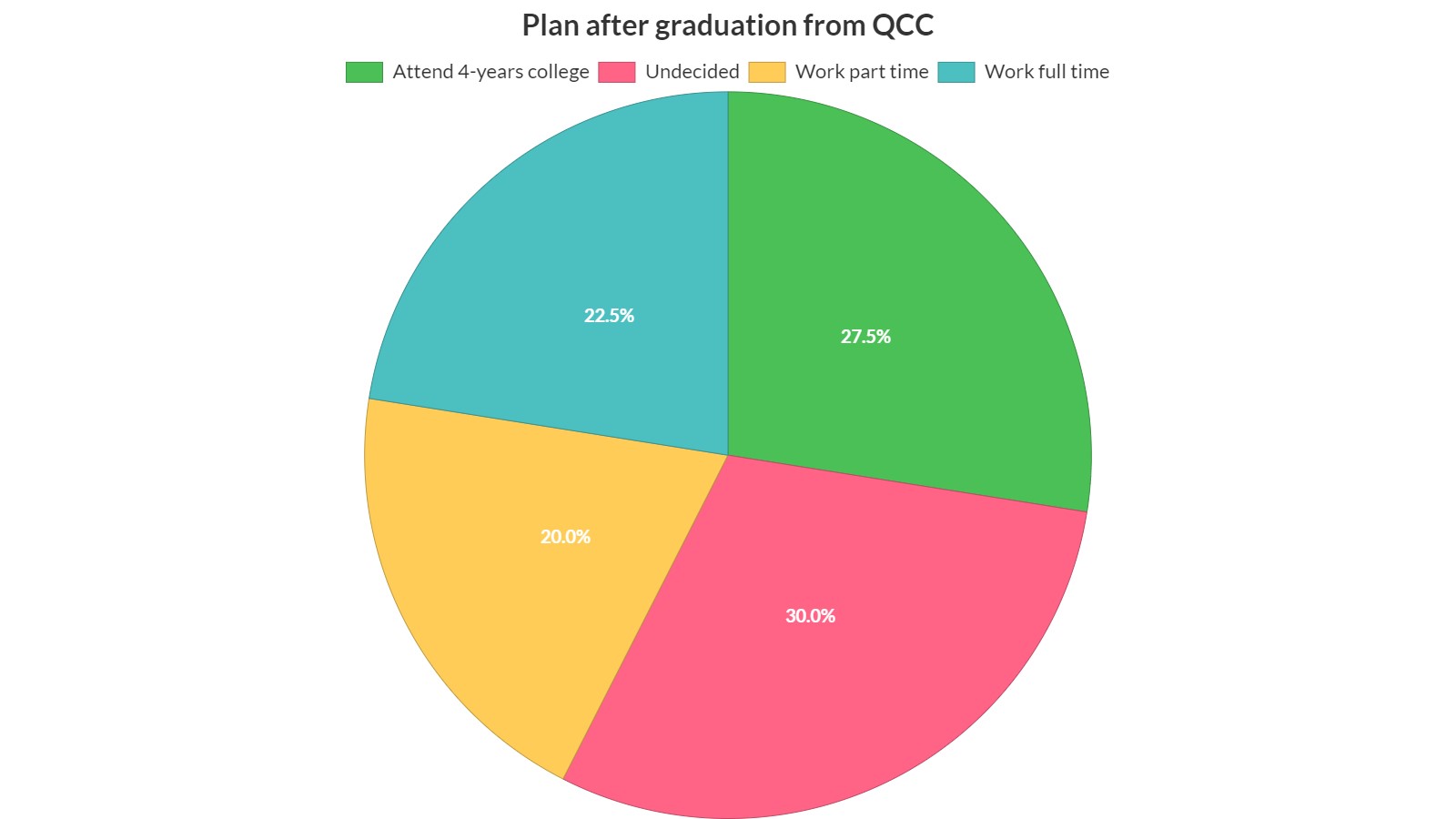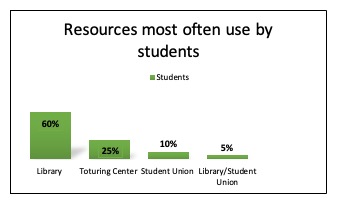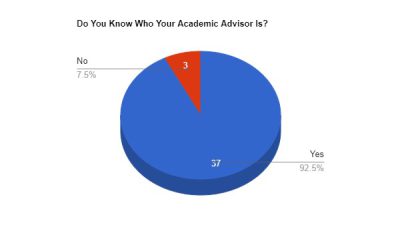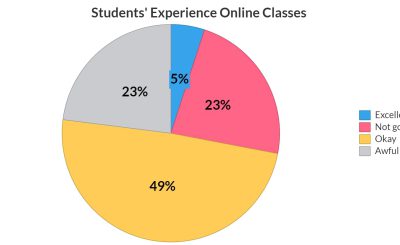By Xiu Li
About 4.8 million undergraduate students in the U.S. are parents, according to 2021 report from the Institute for Women’s Policy Research (IWPR). But in the past decade, their numbers have declined at a rate faster than the overall student population. High dropout rates for student parents-52% of student parents leave school within six years without obtaining a degree, according to IWPR- are not always associated with academic struggles. Experts say that childcare access, financial insecurity, and time constraints serve as barriers to college completion for parents. What are the student parent experiences at QCC? Do they struggle with these issues? Do they have the confidence to achieve their academic goals?
To better understand the situation of student parents at Queensborough Community College (QCC). I created a student survey to find out how the student parents feel regarding achieving their academic goals. I designed six questions to collect the information and data to analyze these issues. I surveyed thirty-eight students on campus. 58% of student parents are part-time students who take less than 3 courses this semester; 42% of students are full-time students who are taking 4 or more courses this semester. One student says, “I know if I become a full-time student, I can join the ASAP program which provides academic, financial, and career-related support services to help us graduate with our degree as quickly as possible. But we do not have enough time to do assignments if I pick 12 credit courses.†For student parents, being a part-time student does not mean there is no academic pressure. In my survey, the overall average academic stress rate is 7.03 between 0 to 10 which 10 is the highest.
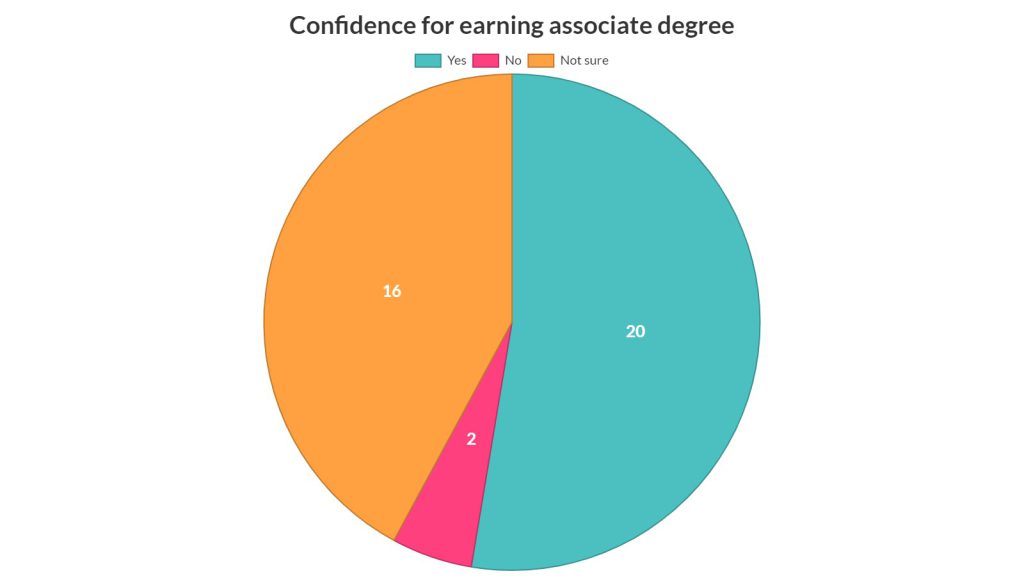
I also surveyed them about their confidence in earning their associate degrees which means they would graduate from QCC. 20 students (53%) have the confidence to earn their degree. 16 students (42%) said they are not sure. 2 students (5%) said they have no confidence to finish studying at QCC. One of them said, “This is my first semester, and I have not studied for a long time. I struggled between childcare and assignments since the class started. I am not sure I can hang there for two or three years. Maybe I will put my studies on hold and go to work when the kids get a little older.â€
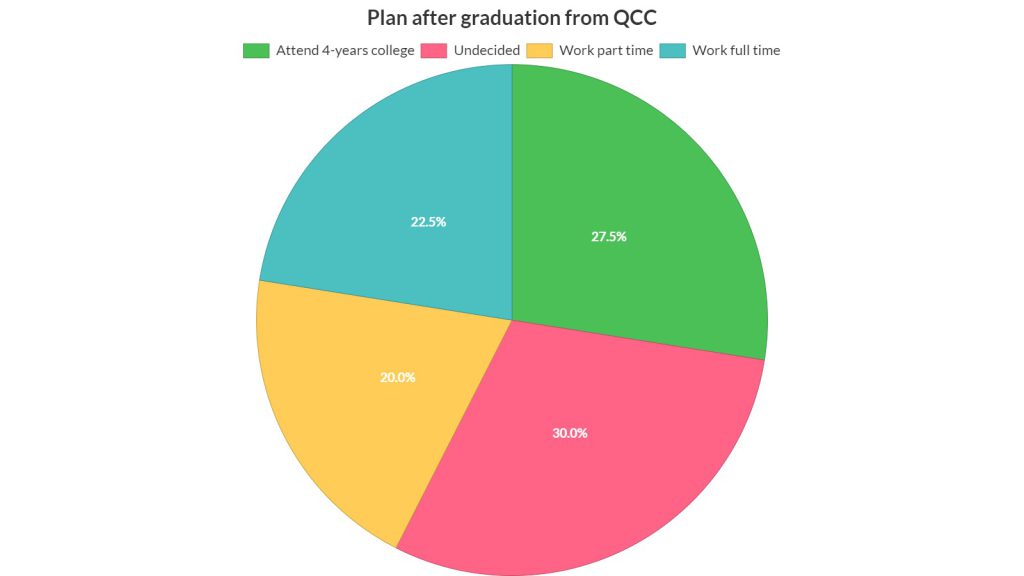
Regarding the student parents’ plans after their graduation from QCC, only 27.5% of students have plans to transfer to a four-year college. 30 % of students are undecided. 20% of students will work part-time. 22.5% of students will work full-time. As you can see, most student parents do not have the plan or confidence to pursue higher education, and some people must devote themselves to work for the sake of their families.
When students are asked what the obstacles to their academic goals are, the majority (31 of 38) said it is time constraints because they have juggled balancing the parenting and assignments’ due dates. One of the nursing students said, “It is hard for a student parent, you have to put food on the table and pick up children on time, but your education continues to fall lower and lower.†With more responsibilities than the average student, many student-parents experience time management issues. Meanwhile, 11 of 38 students said financial burdens which included college tuition, childcare cost, and paying their rent would block their path to further education. 12 of 38 students reported that work schedules would hurdle their academic goals. Despite their initial excitement about earning a degree, they are shuttling back and forth between campus, family, as well as their job place. The last challenge for student parents is academic stress which has 16 students reported it is hard for them to pursue a degree. I have only listed four obstacles here. The fifth option is the “other,†but no students chose it. So, I assume that these four obstacles for student parents are common barriers for them.
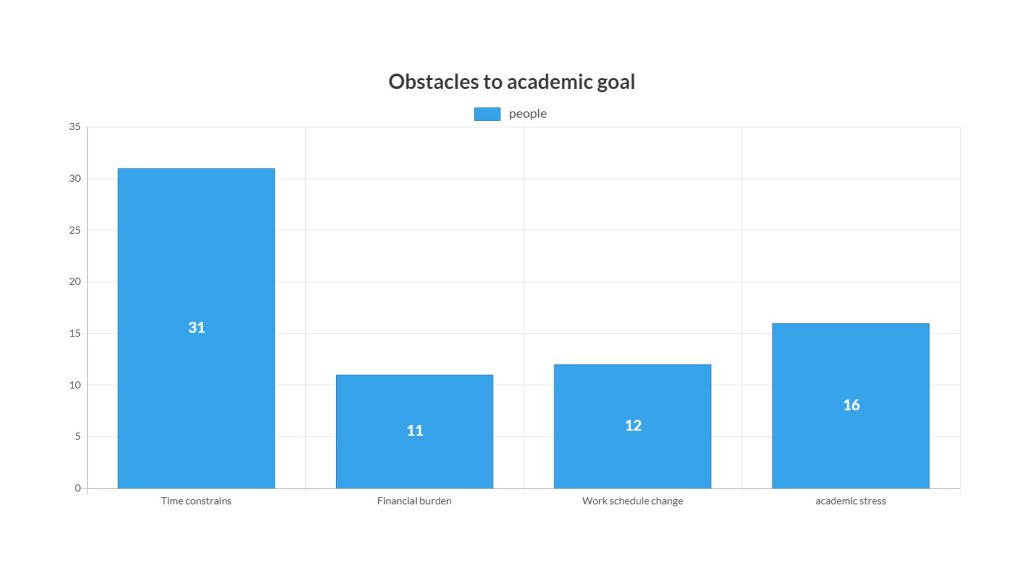
My survey indicates that more than half of student parents in QCC are struggling to balance family responsibilities and academic success. It is much harder for them than for traditional students to achieve their high education and earn a degree, both financially and emotionally. In the article, “College support for student parents†written by Sarah Wood, the author adopted what Nicole Lynn Lewis, a founder and chief executive officer of Generation Hope, a nonprofit focused on increasing economic mobility for student parents said, “This is a very invisible population when it comes to higher education, most colleges and universities have no idea how many students on their campuses are actually parenting, what their experiences are, what their needs are and whether or not they are completing.†For these reasons, I was wondering if there are some available support resources and services to help these student parents overcome barriers and help them succeed in QCC. Additionally, I was wondering whether the government could change policies that allow financial aid for student parents to have more time because 58% of student parents in my survey attend school part-time, meaning it takes longer for them to complete their degrees and they often run out of grant eligibility.

